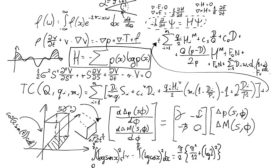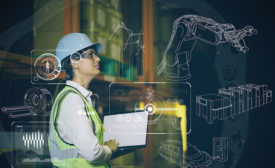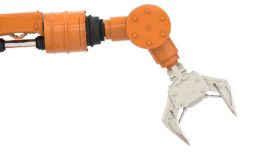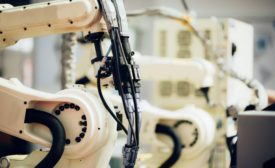Home » robotics
Articles Tagged with ''robotics''
Climbing out of the ivory tower
A day on the road finds disruption everywhere
September 1, 2017
How Europeans think digitalization will affect labor markets
Ten trends, including a "hallowing out" of the middle class
July 1, 2016
NIOSH chief updates safety & health challenges
Robot safety, 24/7 connectivity, aging workforce are hot topics
May 11, 2016
Become a Leader in Safety Culture
Build your knowledge with ISHN, covering key safety, health and industrial hygiene news, products, and trends.
JOIN TODAYCopyright ©2024. All Rights Reserved BNP Media.
Design, CMS, Hosting & Web Development :: ePublishing






